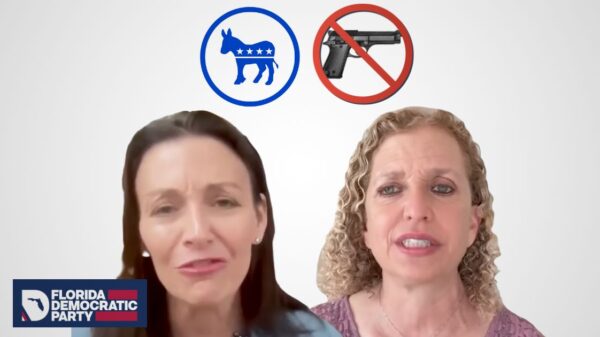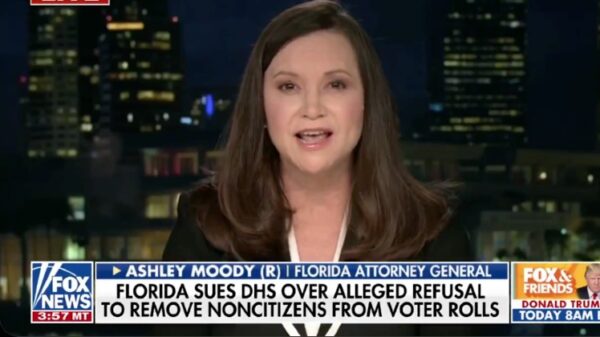The Florida Department of Agriculture and Consumer Services (FDACS) and Agriculture Commissioner Nikki Fried are raising awareness of consumer fraud during International Fraud Awareness Week, November 15-21.
“Scammers prey on consumers of all backgrounds, ages, and incomes, making all Floridians increasingly vulnerable of becoming victims of fraud, especially during these unprecedented times,” said Fried on Tuesday. “As the state agency responsible for regulating charities and as Florida’s consumer clearinghouse, our department is here to help, protect, and educate consumers on fraud at the gas pump, through telemarketing schemes, and by sham charities.”
With the COVID-19 pandemic continuing to surge, scammers are becoming more creative in finding ways to target consumers for fraud. If consumers have concerns or questions about charities, consumer issues, or are victims of fraud and would like to file a complaint, they should visit FloridaConsumerHelp.com or call 1-800-HELP-FLA or 1-800-FL-AYUDA en Español.
According to Fried, the Florida Department of Agriculture and Consumer Services, and its Division of Consumer Services, here are seven tips to avoid fraud:
- Block unwanted calls and text messages: Scammers use illegal sales call to get your money and your personal information. Take steps to block unwanted calls and to filter unwanted text messages.
- Don’t give your personal or financial information to anyone: Legitimate organizations won’t call, email, or text to ask for your personal information, like your Social Security, bank account, or credit card numbers. If you get an email or text message from a company you do business with and you think it’s real, it’s still best not to click on any links. Instead, contact them using a website you know is trustworthy. Or look up their phone number. Don’t call a number they gave you or the number from your caller ID.
- Resist the pressure to act immediately: Don’t let anyone rush you into making a donation. Legitimate businesses will give you time to make a decision. Anyone who pressures you to pay or give them your personal information is a scammer.
- Know how scammers tell you to pay: Never pay someone who insists you pay with a gift card or by using a money transfer service. And never deposit a check and send money back to someone.
- Stop and talk to someone you trust. Before you do anything else, tell someone — a friend, a family member, a neighbor — what happened. Talking about it could help you realize it’s a scam.
- Verify a charity’s registration before donating: All charities soliciting within the state of Florida (excluding religious, educational, political, and governmental agencies) are required to register and file financial information with FDACS. Consumers can use our check-a-charity tool to verify if a charity is properly registered, how much the charity is spending on administration and fundraising, and how much money goes to actual programming.
- If it looks too good to be true, it probably is: Ignore offers for COVID-19 vaccinations and home test kits. Scammers are selling products to treat or prevent COVID-19 without proof that they work. Stay up to date on the latest from the Federal Trade Commission on COVID-19 advice for consumers.
As the Florida consumer watchdog agency responsible for regulating charities and consumer complaints, FDACS and its Division of Consumer Services handles more than 400,000 consumer complaints and inquiries each year, oversees more than 500,000 regulated devices, entities, and products like gas pumps and grocery scales, performs over 61,000 lab analyses on products like gasoline and brake fluid, performs nearly 9,000 fair ride inspections, and returned more than $2.8 million to consumers through mediations with businesses.




















